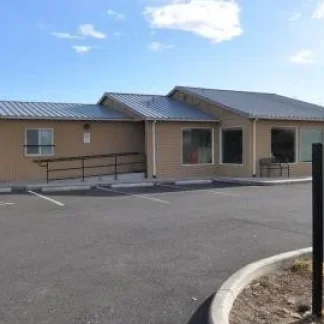VA Portland Health Care System - Loren R. Kaufman Clinic
The Dalles, Oregon, 704 Veterans Drive, 97058
Available Programs
- Adult program
- Military program
- Program for men
- Program for women
- Young adult program
Insurance and Financial
- Self-pay options
- Military insurance
- Private insurance
- Per session
About this Facility
VA Portland Health Care System - Loren R. Kaufman Clinic is a public clinic located in The Dalles, OR. VA Portland Health Care System - Loren R. Kaufman Clinic specializes in the treatment of Mental Health and Primary Care.
VA Portland Health Care System – Loren R. Kaufman Clinic exists to serve the veteran through the delivery of timely quality care by staff who demonstrate outstanding customer service, the advancement of health care through research, and the education of tomorrow’s health care providers.
They also provide Veterans with Telehealth, for access to health care that is timely, more convenient and easier to access through the use of new healthcare technology including video conferencing and health monitoring devices that can connect patients to their health care team.
Contact us for more information: (541) 296-3937

Contact VA Portland Health Care System - Loren R. Kaufman Clinic
Connect with VA Portland Health Care System - Loren R. Kaufman Clinic by calling their admissions team directly.
(541) 296-3937 Website Get Directions